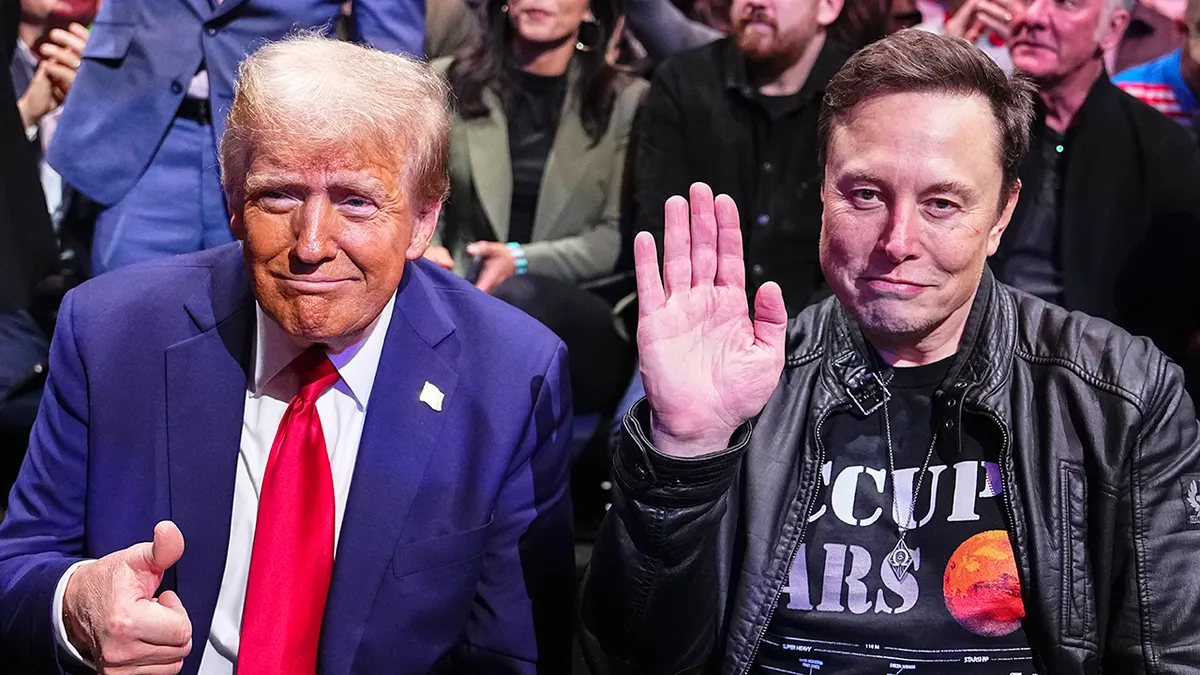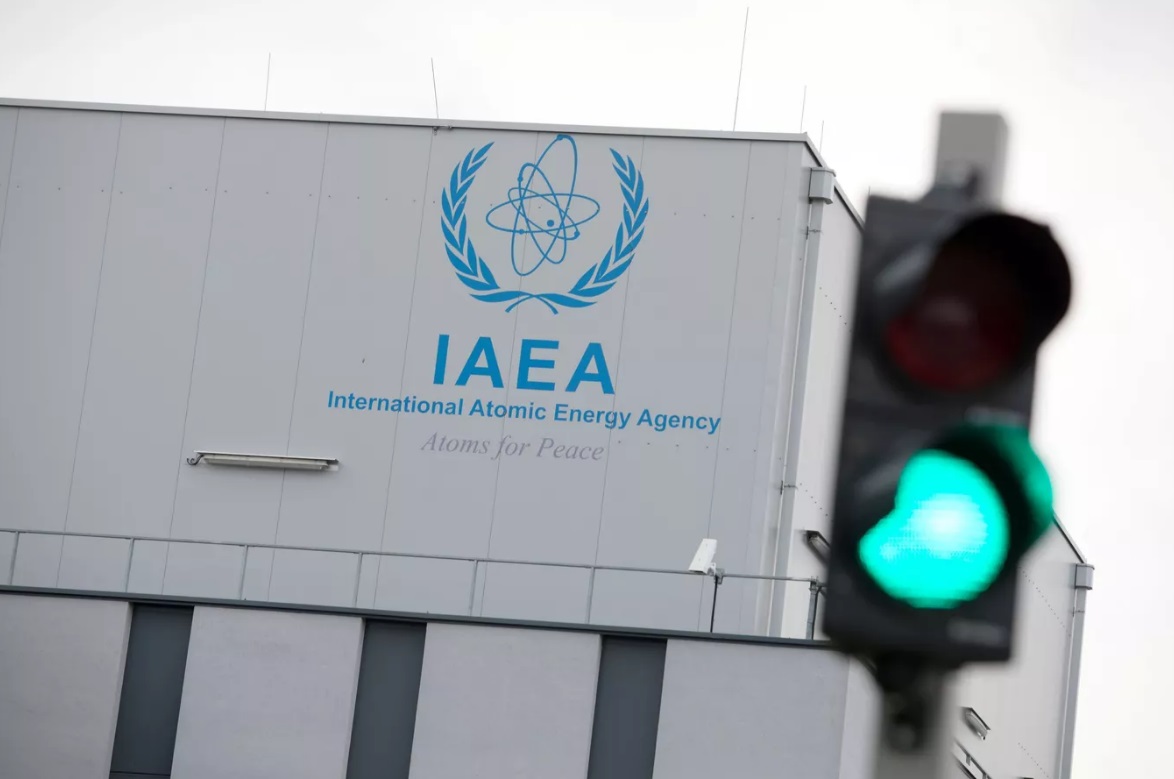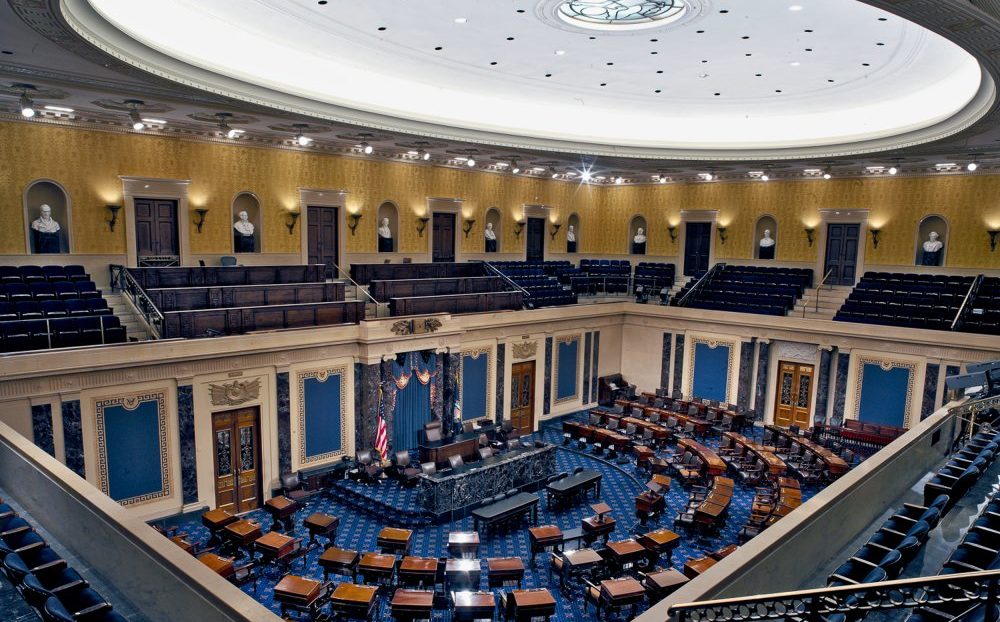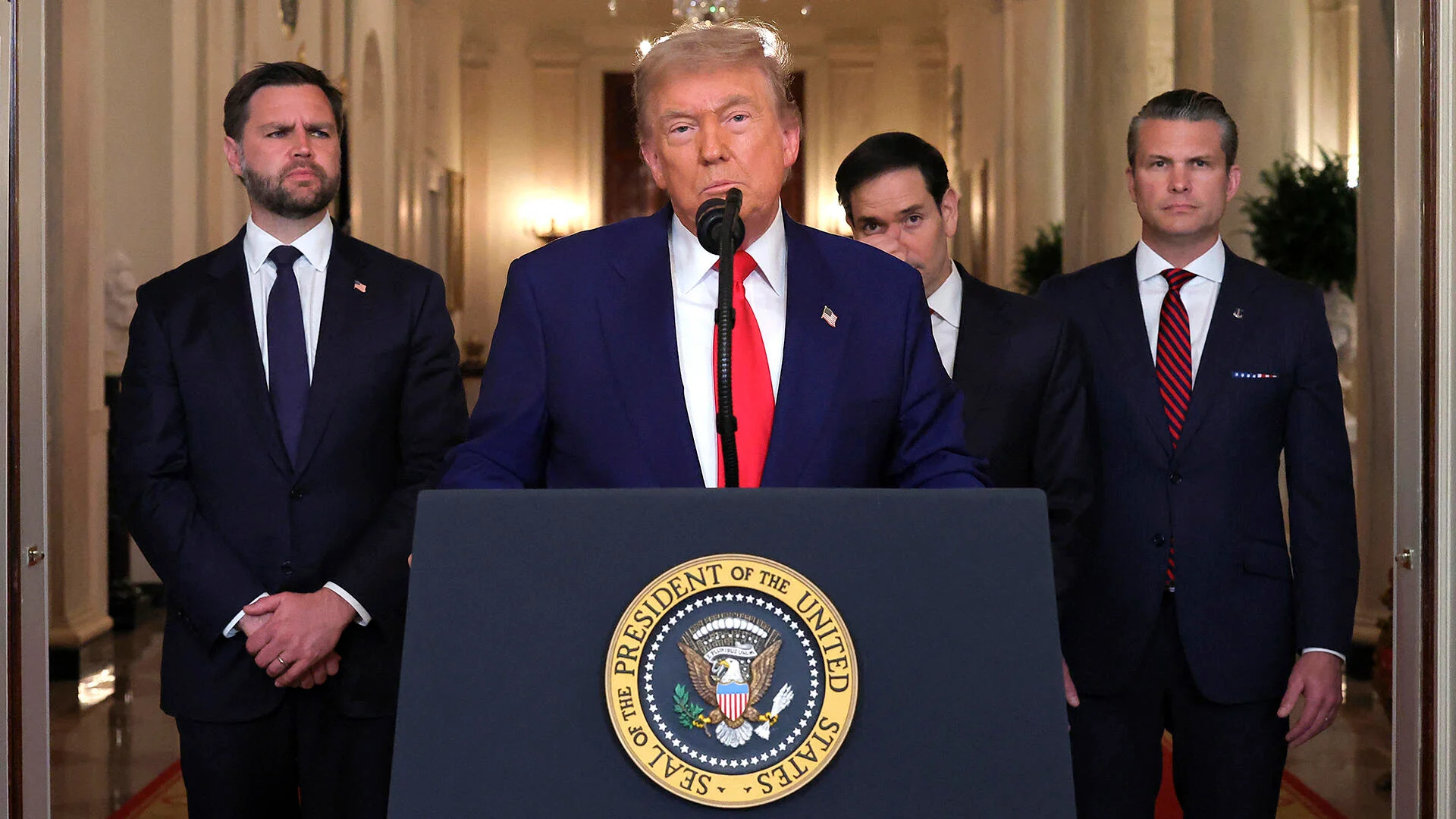By Elliot Hartman | The Maple Times
Former U.S. President Donald Trump has reignited a public showdown with Elon Musk, threatening to eliminate federal subsidies to Musk’s companies—claiming without them, Musk would have to “close up shop and head back home to South Africa.” Trump made the remarks on Truth Social, stating Musk “may get more subsidy than any human being in history” and urged the Department of Government Efficiency (DOGE)—formerly led informally by Musk—to scrutinize the funding given to Tesla, SpaceX, and related ventures
This exchange is part of a broader clash that began when Musk publicly criticized Trump’s proposed “One Big, Beautiful Bill”—a sweeping fiscal package aimed at extending tax cuts and curbing green-energy incentives. Musk warned that legislators supporting the bill would “lose their primaries,” prompting Trump’s heated response.
Financial markets responded quickly to the threat: Tesla stock dropped approximately 6% in pre-market trading, dipping below $300 per share, reflecting investor concerns about potential funding cuts.
The DOGE—Department of Government Efficiency—is said to be reviewing the subsidies, including tax credits and federal contracts valued at over $20+ billion, which support activities like electric vehicle production, rocket launches, and satellite deployment.
The implications are significant. Musk’s companies have relied heavily on federal incentives, including tax credits for electric vehicles and launch contracts for space missions. Revoking these could severely impact Tesla, SpaceX, Starlink, and other affiliated ventures.
The feud highlights escalating tensions between Trump’s populist fiscal agenda and Musk’s innovation-driven empire. Trump supporters argue he’s fighting unfair corporate favoritism, while critics see the move as politically motivated. With Musk hinting at forming a new political party and promising primary challenges to key lawmakers, the dispute has fueled broader concerns over the intersection of politics, wealth, and national innovation strategy.
As the DOGE review continues, both Silicon Valley and Washington are watching closely. Could the melee over subsidies reshape America’s support for technological advancement? Or is this the opening salvo in a larger battle for political influence?



